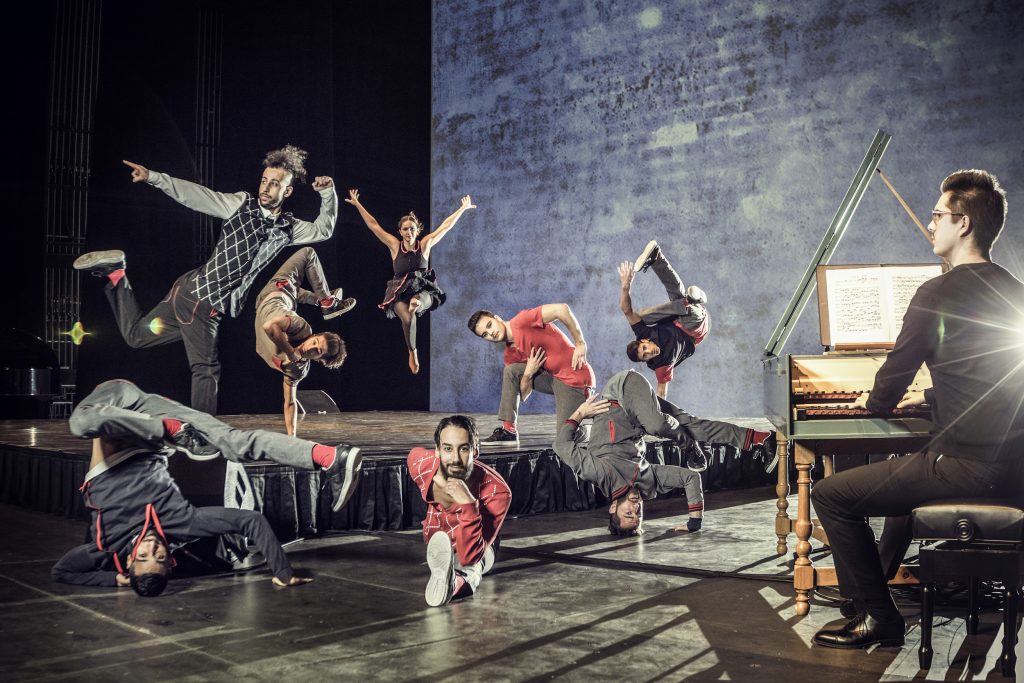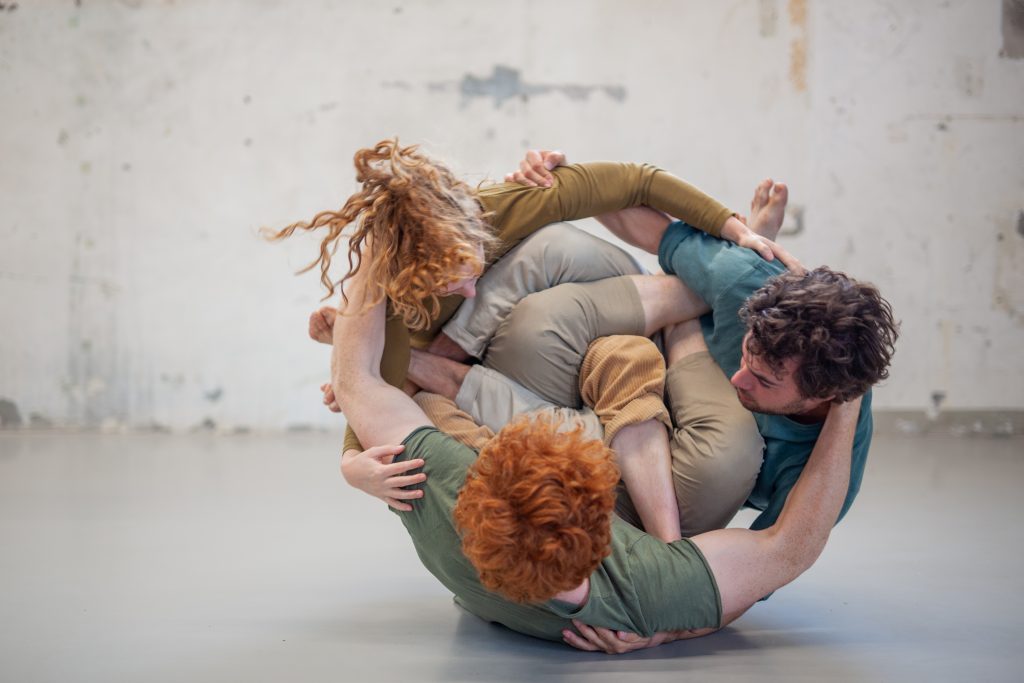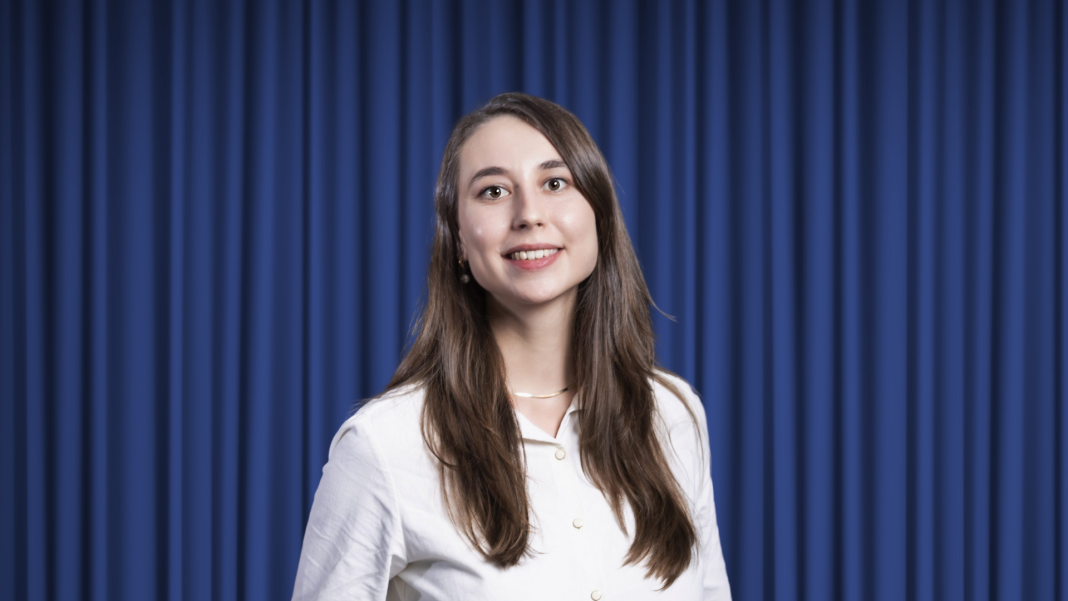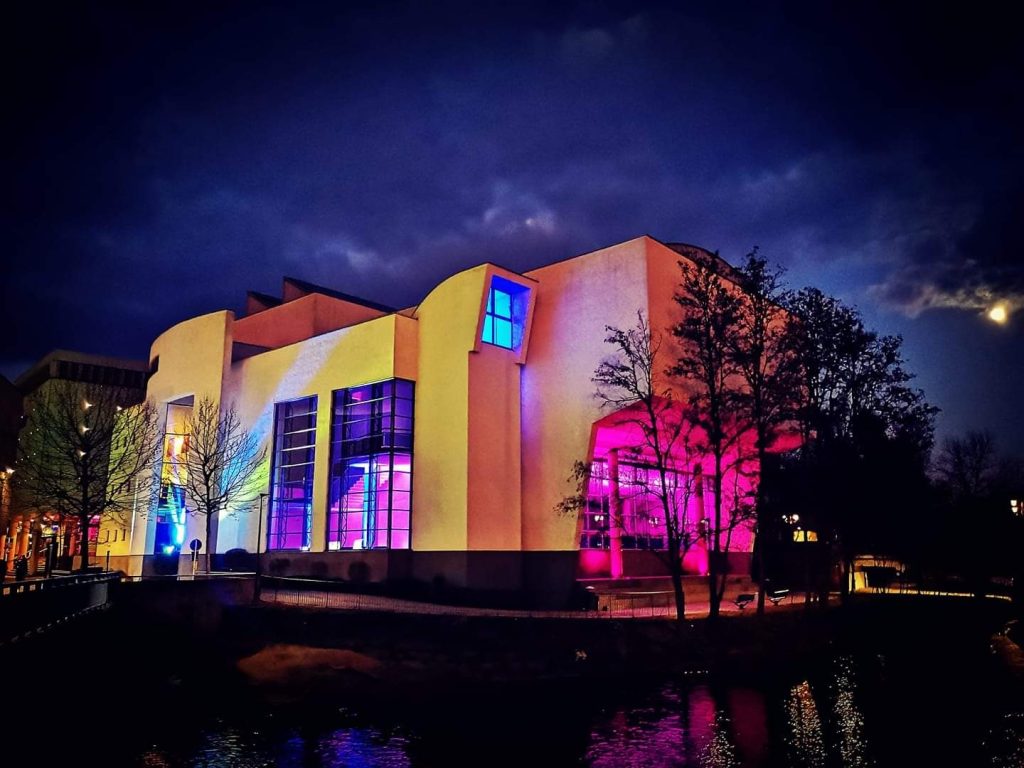As the Centre for Plural Arts Ettelbruck (CAPE) celebrates its 25th anniversary, new artistic director Ana Maria Tzekov is redefining what it means to engage communities, build audiences, and measure success in the arts.
Tzekov arrived in Luxembourg from Vienna seven years ago to serve as education manager at Philharmonie Luxembourg. Her job involved transforming music into ways that would attract and impact a wider audience, especially youngsters, and it was a place where she could “learn and grow”. This experience motivated her to apply for the role at Ettelbruck’s premier cultural institution CAPE, where she could use it on a broader scale.

She took on the role of artistic director in July 2024, replacing Carl Adalsteinsson who had served the previous 10 years there. At the outset, Tzekov recalls, she was buzzing with ideas. “But what I understood in one year is you [arrive] somewhere, you have your energy, but there’s an existing energy,” she says. “You have to take a step back at the beginning and observe.”
A focus on participatory elements
This observation process included not only getting to know new colleagues and understanding how the cultural centre functioned, but also delving into the customer journey and experience. One of the first things she did was to get qualitative and quantitative feedback, including discussions with focus groups with individuals from a wide variety of backgrounds and nationalities, some which had never even stepped foot into CAPE.
There were fruitful discussions, including on topics like outreach. Tzekov says there are plans to be more present and offer mini-concerts in places like schools and elderly homes. She also describes the general difficulty of attracting the 14- to 18-year-old age group, but has the goal of boosting this audience. And she’s aware of the need to take CAPE as a cultural hub outside of its actual building. CAPE’s collaboration with the Ettelbrooklyn Street Fest is just one example.
“As a cultural institution, you can’t do it all,” Tzekov admits. “Even if we say, ‘culture is for all’, it’s a super big challenge because the accessibility question is very complex. But you can be flexible.”
Such discussions helped inform CAPE’s evolution: what has changed in this new season and direction is that everything has a participatory element. This could be anything from a one-off workshop to community-focused projects or longer term engagement opportunities. “We’re not delusional that everyone will love it,” Tzekov says. “But participation’s not a trend for us, it’s a real spirit… We’re so much in front of screens, in our heads… art makes us be in our bodies, be physical, in contact with feelings, be inspired about something.”
Along with the new season is a new communication style, which Tzekov says had to evolve to mirror the programme. Overall, she wants to centre on community building: “I really want to make this house a place where we’re a community hub and where you can create something. We’re very accessible to existing communities that just want to try something.”

“It’s about life and death”
In addition to being a classically trained musician, Tzekov holds an MBA, plus an MA in cultural management. While business and cultural training might seem different at face value, Tzekov sees them as influencing each and both being part of the same world: “Isn’t it all just creativity? In what world are you not using your feelings, even in banks?” she asks. “The difference is that sometimes the product is intangible. In the art world, you deal with the product which is emotion.”
The artistic director explains that while business school can help with frameworks or admin tasks, “the hardest is that you connect. It’s real people we’re working with, a real outcome that is affecting so many,” she explains. And this isn’t limited to colleagues: Tzekov explains that with artists, there can be emotions behind contracts, rehearsals, stage designs, etc. An artist goes onstage and might have one chance to move his or her audience—what Tzekov calls the “meditation moment, and it cannot be reproduced.”
She admits that working at CAPE isn’t like working at a hospital—if mistakes are made, no one will die—but “the non-existing risk makes it so much more existential, for the artists and for us… I think people don’t understand that if someone goes on stage and plays the violin beautifully, it’s always about life and death. If it isn’t, you wouldn’t be able to touch your audience.”
Listening, accepting and having goodwill are all aspects that Tzekov has tried to foster in her role over the past year. There were moments where she says she felt quite alone, but then there was a “magic moment [when] all those projects we planned became our projects.”
Reflecting on the year, she adds that it has been an exciting, adventure-filled experience. “But you come closer to yourself in such a role. You have to be very sure about what your vision is because everyone is pulling you in different directions,” she says. “You step away from ego—because it’s not about just you—it’s really taking a step back, seeing the big picture, feeling what others want to do, being flexible with it, and doing it because we love art and culture, and not because I need to prove anything.”
Read more articles:
Jacques Schneider Gears Up For ”Lëtzebuerg Spirit” Exhibition
Philharmonie Luxembourg: Music For Everyone
UNICITY: Redefining Urban Value In Luxembourg’s Gare District


